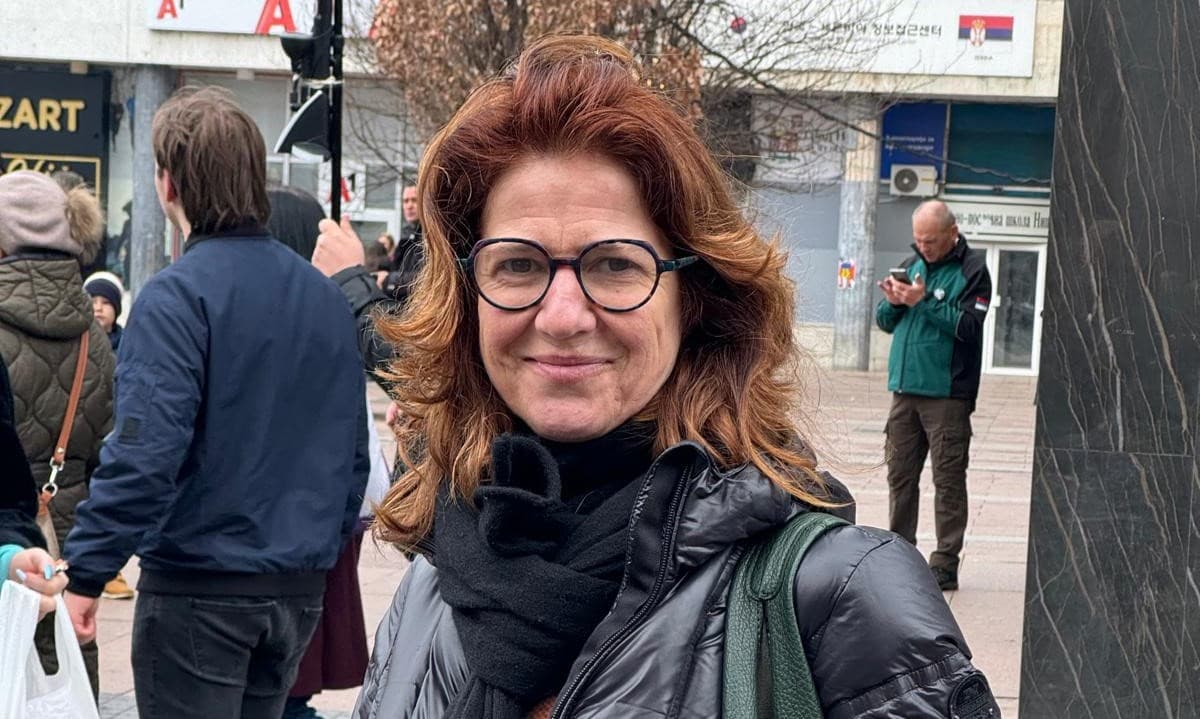NUNS, ANEM, and Local Press: Non-transparent amendments to the law that undermine media freedom.
NUNS, ANEM, and Lokal pres express deep concern regarding the manner in which the process of amending three key media laws – the Law on Public Information and Media (ZJIM), the Law on Electronic Media (ZEM), and the Law on Public Media Services (ZJMS) – has been conducted. The Government's proposal was adopted today by the Committee for Culture and Information of the National Assembly of the Republic of Serbia, and the deputies will decide on it as early as tomorrow at an extraordinary session.

The process that has lasted for over a year and a half has been brought to a conclusion through an unacceptable expedited procedure, short deadlines, and a lack of transparency, all under the pretext of aligning with the recommendations of the European Commission.
We remind you that the comments from the European Commission on the proposed drafts of the laws arrived back in December 2023, and the Ministry of Information and Telecommunications only decided to respond to them and form working groups at the end of 2024. These groups had an extremely short timeframe for their work, without access to the draft versions that were sent to Brussels. Additionally, despite repeated requests from journalistic and media associations for a public discussion on the latest amendments to the Law on Public Information and Media (ZJIM) and the Law on Electronic Media (ZEM), the Ministry rejected that proposal.
The manner in which this process has been conducted, as well as the amendments that have been adopted, contribute to a further erosion of media freedoms and seriously undermine the essence of democratic procedures.
The latest proposals from the Ministry for amendments to Articles 84 and 85 of the Law on Public Information and Media, which pertain to the presumption of innocence and reporting on criminal proceedings, have been modified in accordance with the proposals from NUNS, ANEM, and Local Press. These associations pointed out that the previous formulations further restrict journalists and are not aligned with European standards. Nevertheless, the amendments concerning public procurement and media ownership remain problematic and represent a step backward for media freedom.
Public procurement still lacks detailed regulation of services, does not specify the conditions under which they can be procured, does not establish a control mechanism, and does not refer to the application of the Public Procurement Law. All of this leaves room for abuse and favoritism towards certain media, contrary to European standards and the demands of the European Commission.
NUNS, ANEM, and Local Press have once again highlighted the unacceptable return of state ownership of media in their latest comments on the ZJIM, which is inconsistent with the Media Strategy. We also reiterate that Article 39a introduces certain obligations for media in (direct or indirect) ownership of entities like Telekom, but without independent oversight and sanctions for violations. We have previously warned that relying solely on self-regulation in state-controlled media cannot be considered a guarantee of editorial independence, but may legitimize political influence.
Amendments to the Law on Public Media Services bring certain positive changes. However, the latest amendments adopted after the last comments from the associations remain superficial and do not address essential issues such as editorial independence and concentration of power.
The Programming Council formally elects the Commissioner for Viewer and Listener Rights, but that position remains marginalized – the commissioner is engaged on a contractual basis and does not have the authority to initiate proceedings independently. A key issue still remains the concentration of power in the hands of the general director, as the Management Board still does not have a decisive role in appointing editorial staff. The new rules on budget financing of public services, despite the declarative prohibition of political influence, leave room for abuses, especially due to poorly defined categories such as "projects of special social significance."
Although in their latest comments, NUNS, ANEM, and Local Press again insisted on amending the Law on Electronic Media and improving the section concerning electoral campaigns, another opportunity has been missed. There continues to be a systematic omission of clear rules for key phenomena that shape the media landscape during electoral campaigns – covert political advertising, official campaigns, and political marketing remain outside the regulatory framework. This issue has been pointed out for years by numerous domestic and international organizations and institutions monitoring electoral processes in Serbia, marking it as one of the greatest obstacles to fair and equal information for citizens.
The non-transparent process of amending the laws, along with the ignoring of key issues, further jeopardizes media freedom and democratic principles. Urgent concrete steps are necessary to establish a fair and transparent media environment, in accordance with European standards, with full accountability from all relevant institutions. Only through transparency, dialogue, and respect for the rules can we ensure independent media that serve the interests of citizens and democracy.
NUNS, ANEM, and Local Press
Related Articles

ANEM ALARM: The dismissal of the correspondent for the French newspaper Le Figaro, Milica Čubrilo Filipović, may represent a dangerous practice.

ANEM ALARM: Unacceptable attempt to persecute Nemanja Šarović for comments made under a post on Instagram.
.png&w=3840&q=75)


%20%C4%86ao%20Nevena%20VERAN%20MATI%C4%86%20Vlast%20%C5%BEeli%20da%20istrebi%20novinare%20-%20YouTube.png&w=3840&q=75)









